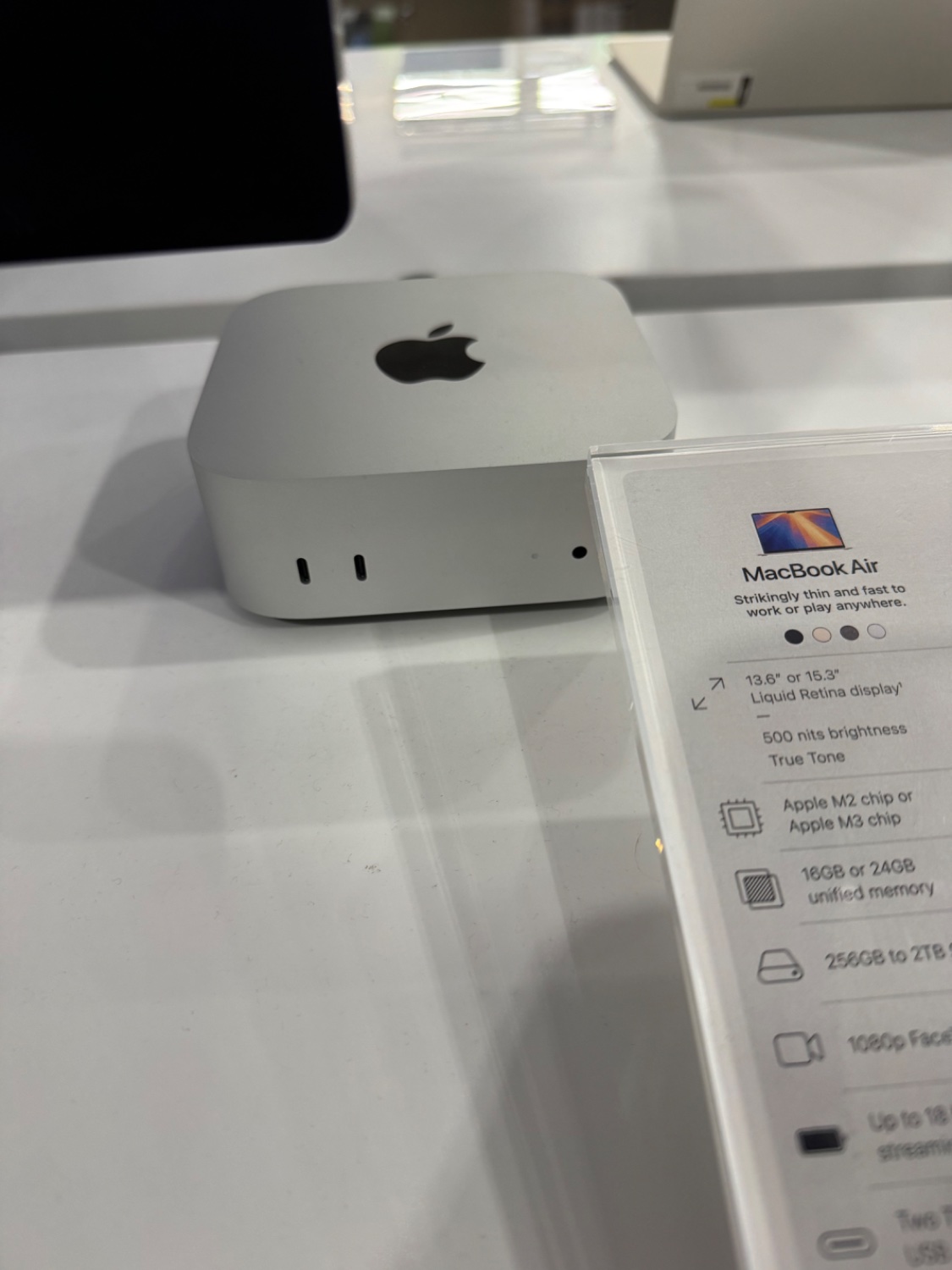this post was submitted on 30 Nov 2024
92 points (77.1% liked)
Apple
17559 readers
2 users here now
Welcome
to the largest Apple community on Lemmy. This is the place where we talk about everything Apple, from iOS to the exciting upcoming Apple Vision Pro. Feel free to join the discussion!
Rules:
- No NSFW Content
- No Hate Speech or Personal Attacks
- No Ads / Spamming
Self promotion is only allowed in the pinned monthly thread
Communities of Interest:
Apple Hardware
Apple TV
Apple Watch
iPad
iPhone
Mac
Vintage Apple
Apple Software
iOS
iPadOS
macOS
tvOS
watchOS
Shortcuts
Xcode
Community banner courtesy of u/Antsomnia.
founded 2 years ago
MODERATORS
you are viewing a single comment's thread
view the rest of the comments
view the rest of the comments

Yes but it repeatedly discharges and recharges that 5%, which generates heat and causes swelling. I’ve had to repair enough laptops left constantly plugged in to know this is an extremely common issue.
I never said I thought Apple was accounting for every use case here or that it was the best way to achieve this, so you’re arguing with the wrong person. I’m just explaining what they do and why they do it.
I worked for Apple for 12 years, most of that as a liaison between front line hardware service locations and AppleCare engineering. Battery swelling is a normal Li-ion failure mode that is not related to leaving a device connected to its charger. If Apple had any evidence of that they would decline warranty service on swollen batteries based on the system report of how long it was connected to external power.
The Magic Mouse has the charging port on the bottom because the first gen model used AA batteries and not a built in rechargeable battery. When they moved to the rechargeable battery model, they didn’t want to redesign the whole thing so they put the port on the bottom. It’s bad enough design that Tim Cook uses a Logitech.
It's not so much "constantly leaving it plugged in" as "constantly leaving it at a high state of charge" (near 100%) which naturally follows from the first.
In recent versions of iOS and macOS, Apple have added features to keep the battery at 80% charge as much as possible for this very reason - it massively extends battery life to not be at 100% all the time.